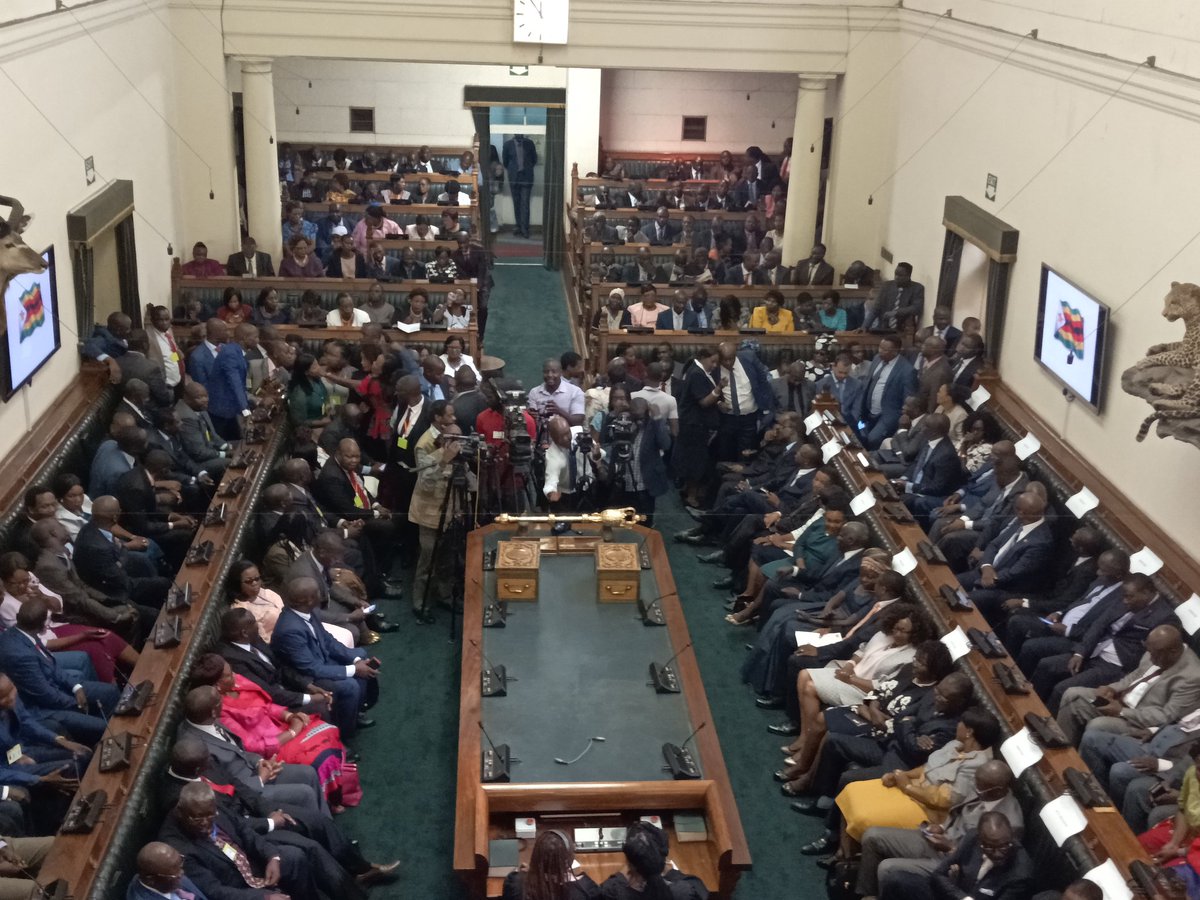By Takunda Chimwaka
The Cambridge Advanced Learners’ Dictionary defined ‘reform’ as, “to make an improvement especially changing the behaviour or the structure of something.”
The opposition fraternity in Zimbabwe has been clamouring for reforms but the Second Republic upstaged them and they are now at sixes and sevens trying to find relevance in the political sphere.
The Second Republic is more than just redefining reforms. His Excellency President Emmerson Mnangagwa defined the vision 2030 as replete with a lot of structural changes meant to enhance the economic prosperity of the country.
The country has also been of late executing a number of developmental projects meant to restore the dignity of its pride. The resuscitations of the road network systems particularly the Harare-Beitbridge highway, Karoi-Binga roads are in itself more than just reforms. The replacement of draconian laws like the POSA being replaced by the more favourable MOPA is more than just a definition of the term ‘reform.’
The Cambridge Dictionary further states that reforms encompasses, “changing the behaviour of oneself.”
The political environment for the past decades has been marred with violence and political intolerance. Zimbabwe through the leadership of President Mnangagwa openly speaks against violence and calls for unity of purpose.
The violent political nature under the previous administration which rocked the 2008 elections, and the post 2008 election is abhorrent in the Second Republic.
It should be understood well in the ears of the opposition fraternity that there is a difference between maintaining peace and reacting to police provocation.
In as much as the opposition fraternity utterly rubbishes the efforts of the Second Republic in maintaining peace and order, the behaviour by the same fraternity to provoke police officers and openly attack them in public as well as defying their orders cannot be tolerated.
There are no other reforms which can be called for if the mind-set among the Government critics, is to invite clashes with the security arms of the State in an effort to draw their funders’ attention.
One would then openly suggest that the same reforms they call for should also be instituted in their own internal structures.
One political analyst, Wayne Hamstorne, once indicated that, “the function of opposition movement is not to take up arms with the ruling Government, rather it is their duty to provide checks and balances on the functioning of the ruling Government, providing useful ideas and strategic policy which also benefit their supporters.”
One would further question whether this is what we see in Zimbabwe’s opposition politics? In Zimbabwe we see opposition organisation boycotting Government programmes yet they represent a substantial fraction of the population, we see the opposition openly sabotaging the developmental efforts of the ruling Government without proffering any meaningful ideas, we see them not even raising meaningful ideas in the Parliament but prioritising fighting for “legitimacy”, finally we see them accusing Government of corruption yet they are part of the Government.
What reforms then are they talking about. We can’t be at odds to talk about reforms which are pinned at creating platforms for the few majority to appease their funders and neither can we call for the same reforms to allow them to get in power leaving developmental issues unattended. Honestly, the country is already on the drive to reforms which only need coordinated efforts.




